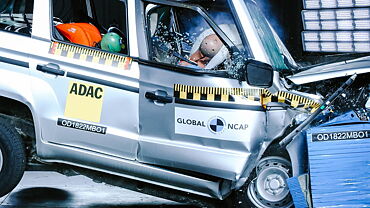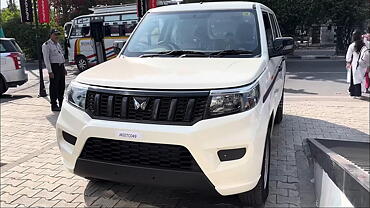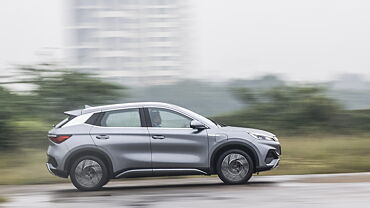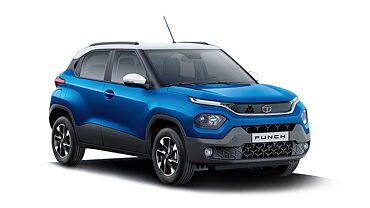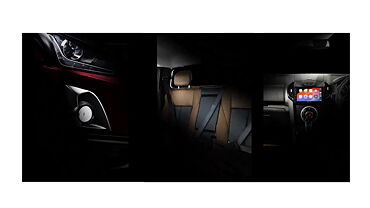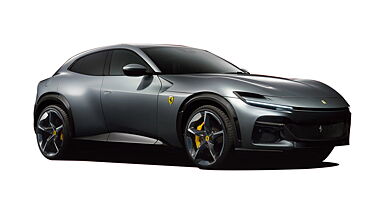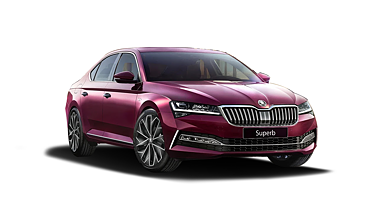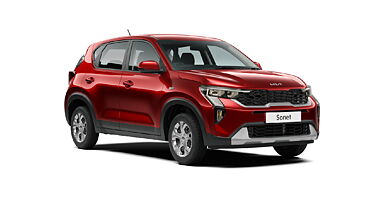There is no denying that fuel efficiency is one of the most important factors that most buyers keep in mind. But a high mileage car also needs to be maintained properly; otherwise it won’t be able to return the claimed mileage. A car well-maintained car consumes less fuel and performs better. Below are few simple car fuel efficiency tips that will help improve mileage of your vehicle.
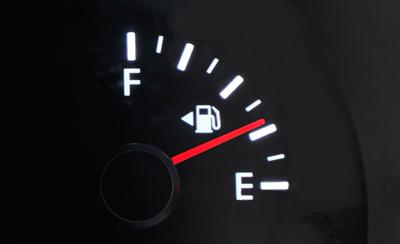
How to increase fuel efficiency
-
Make sure that tires are inflated at recommended pressure. Under-inflated tires cause rolling resistance that burns more fuel. Check tire pressure once a week.
-
Use of cruise control increases fuel consumption by 6% on highways.
-
Vehicle idling leads to high fuel consumption and unnecessary CO2 emissions. Most advanced engines burn more fuel while turning off and re-starting than being on idle for long duration. To warm an engine, don’t rev it. Simply start it and drive away.
-
Check the air filter and change it as per the manual recommendation. If you drive in dusty or dessert area, change it more often.
-
Regular engine maintenance improves its fuel efficiency. A car maintenance guide suggests that one should not avoid replacement of oxygen sensor, fuel and air filters and spark plugs when it’s needed.
-
Driving in higher gears reduces engine’s workload and improves its fuel efficiency. A vehicle, running at speed of 60kmph, consumes 25% more fuel in 3rd gear than in the 5th gear. The fuel consumption increases by twofold, if you drive it in low gears at high revs.
-
Drive smoothly and avoid heavy braking. Experts say that driving techniques might influence a vehicle’s fuel efficiency up to 30%.
-
Lighten the vehicle’s load by removing unnecessary items or luggage such as roof racks, spare tire etc. An extra 45kgs increases fuel consumption by 1-2%.
-
By combining tasks in a single trip or planning routes, you can improve fuel mileage and also save your time and money.
-
Fuel mileage can be improved by 1-2% by using the recommended or high-grade engine lubricant.
-
Avoid revving the engine, when you are about to switch it off. This wastes fuel and rinses lubricant down from the cylinder walls.
-
Drive at a steady speed, if possible. An engine burns more fuel while slowing down and speeding up. Avoid tailgating too.
-
Never set your left foot on the brake pedal while driving, since even the slightest pressure might cause mechanical drag on engine’s components and wear them before time. The mechanical dragging also leads to more fuel consumption.
-
Drive on smooth roads, if possible. Avoid rough roads as dirt and patches might increase gas mileage up to 30%.
-
Check for suspension and chassis parts imbalance. The bent wheels, worn shocks, broken springs and axles increase engine drag and might even cause accidents besides low fuel efficiency.



